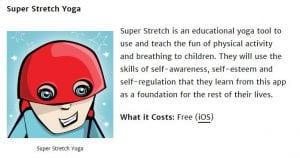https://www.senteacher.org/ for lots of printables, nets, number lines, clocks, certificates, flash cards, etc
Do2learn https://do2learn.com/ provides thousands of free pages with social skills and behavioural regulation activities and guidance, learning songs and games, communication cards, academic material, and transition guides for employment and life skills.
Doorway Online https://www.doorwayonline.org.uk/ is a collection of free and highly accessible educational games that learners will find easy to use independently. Each activity has a range of accessibility and difficulty options. Managed by the Doorway Accessible Software Trust, a Scottish charity.
http://www.crickweb.co.uk/ 252 free educational interactive teaching resources and activities for Primary/Elementary Schools. 84 free to use fun kids games/activities for kids aged 4 – 11. 170 plus links to free interactive teaching activities, educational games, image and software resources
British Council
https://www.britishcouncil.org/school-resources/find
Resources for English language learning
The Imagination Tree
https://theimaginationtree.com
Creative art and craft activities for the very youngest.
Nature Detectives https://naturedetectives.woodlandtrust.org.uk/naturedetect…/
A lot of these can be done in a garden, or if you can get to a remote forest location!
https://www.phonicsplay.co.uk/
https://www.tinypop.com/special/artpad
http://www.magickeys.com/books/ Online Interactive Coloring Pages
https://www.teachyourmonstertoread.com/
https://www.twinkl.co.uk This is more for printouts, and usually at a fee, but they are offering a month of free access to parents in the event of school closures. Setting this up is really easy to do – go to www.twinkl.co.uk/offer and enter the code UKTWINKLHELPS
Sites for blind or visually impaired learners can be found here.





